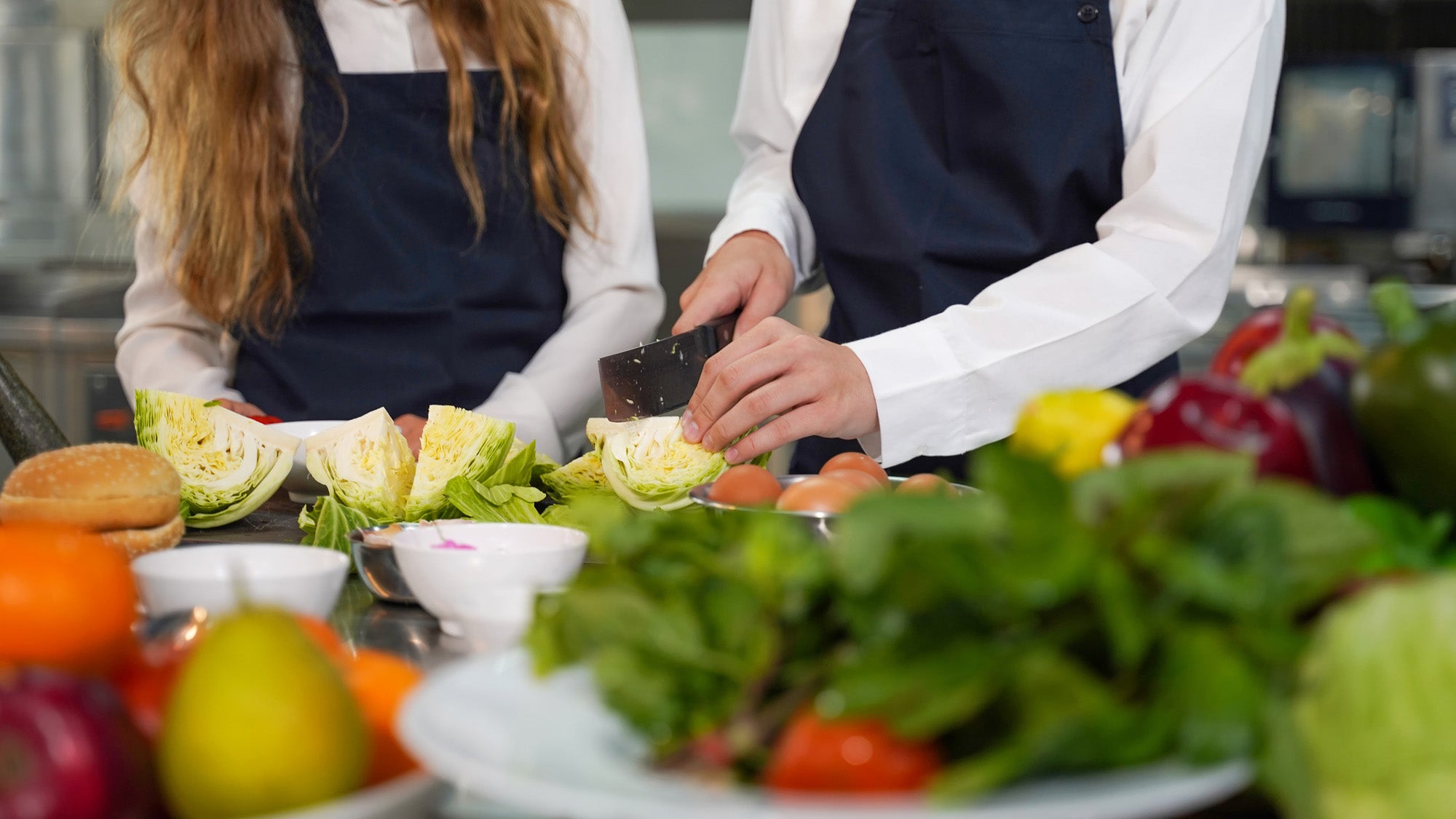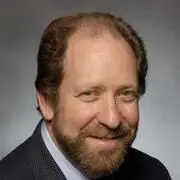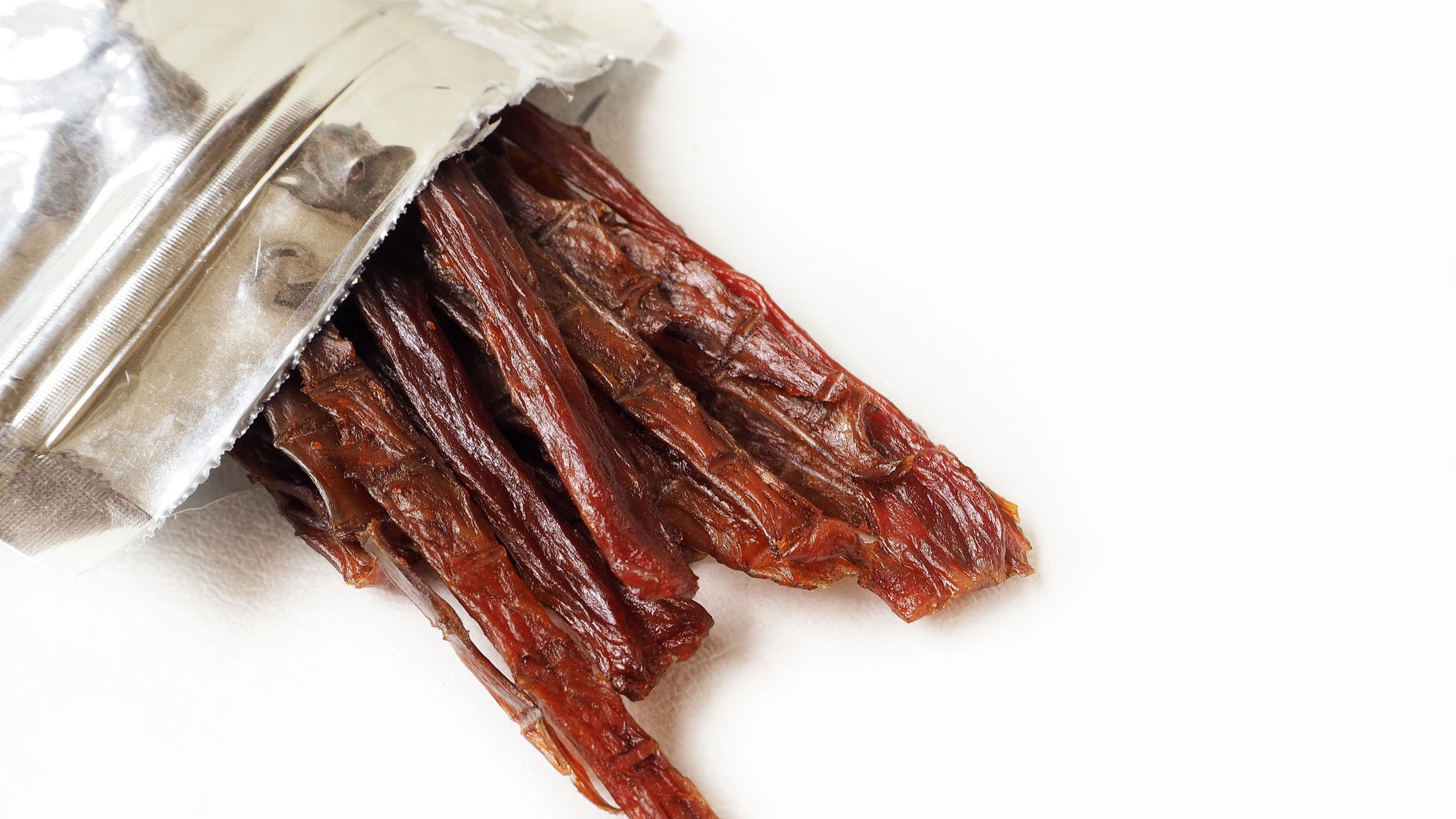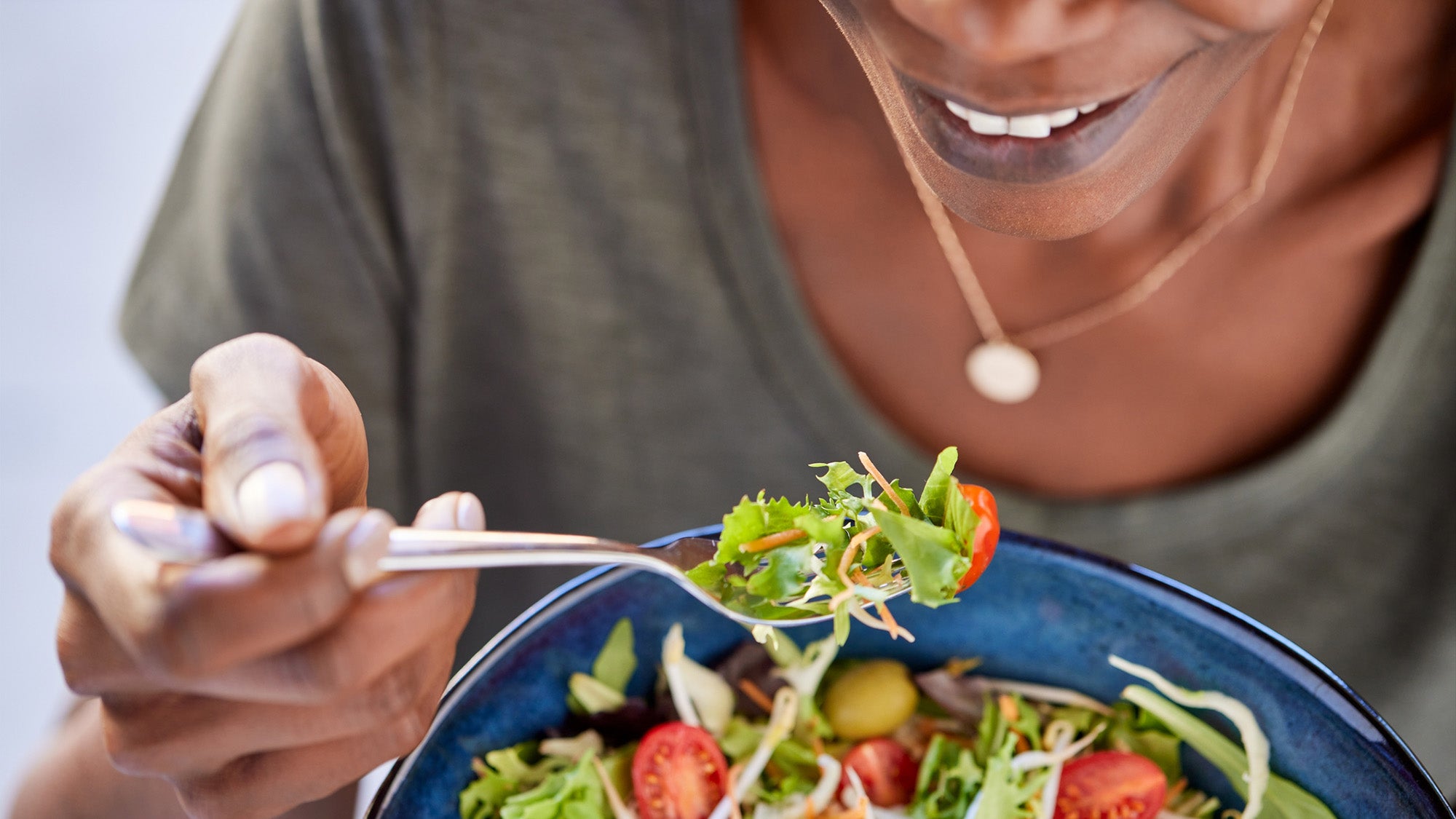Teaching physicians and their patients healthy cooking skills for a lifetime

David Eisenberg has long championed healthy cooking as a key strategy in the fight against chronic disease risk and has been teaching physicians skills that they can pass on to their patients for more than 25 years. Eisenberg, a physician and adjunct associate professor of nutrition and director of culinary nutrition at Harvard T.H. Chan School of Public Health, was profiled in an August 18 STAT article.
Eisenberg’s path into culinary medicine was forged early in life, when his father, a baker, died of a heart attack at age 39. Three of his grandparents died within the year. “It made me want to study medicine, as you can imagine, if only to understand what had just happened,” Eisenberg said in the article.
He studied Chinese medicine as an undergraduate at Harvard University in the 1970s and was inspired by its approach to health. “It says prevention is always superior to intervention, and the ways we learn to eat and control our thoughts not only impact our health, but determine our recuperative capacity,” he said. During an exchange program in China while he was in medical school, Eisenberg got the idea for a teaching kitchen where people could learn about healthy cooking, exercise, and mindfulness practices.
He founded the Healthy Kitchens, Healthy Lives conference for health professionals in 1998 and leads it in conjunction with colleagues from Harvard Chan School and the Culinary Institute of America. He said that he focuses on basic cooking techniques that people can use for a lifetime of healthy meals.
“If you know how to make one stir-fry—high heat, oil, a few aromatics—you can change the aromatics, you can change the vegetables, you can add or change the proteins. If you can make one, you can make a thousand,” he said. For many physicians in the program, who Eisenberg said can be as intimidated by cooking as their patients, this kind of training can be life changing.
Eisenberg also teaches physicians how to be better health coaches by helping their patients find personal motivation for adopting a healthier lifestyle and identify what barriers they might face. He said, “If [patients] forget why they want to change, then no amount of skill will help them change. It’s the light from the lighthouse that guides them to where they’re trying to go.”
Read the STAT article: Culinary medicine pioneer David Eisenberg: ‘If you know how to make one stir-fry, you can make 1,000’



